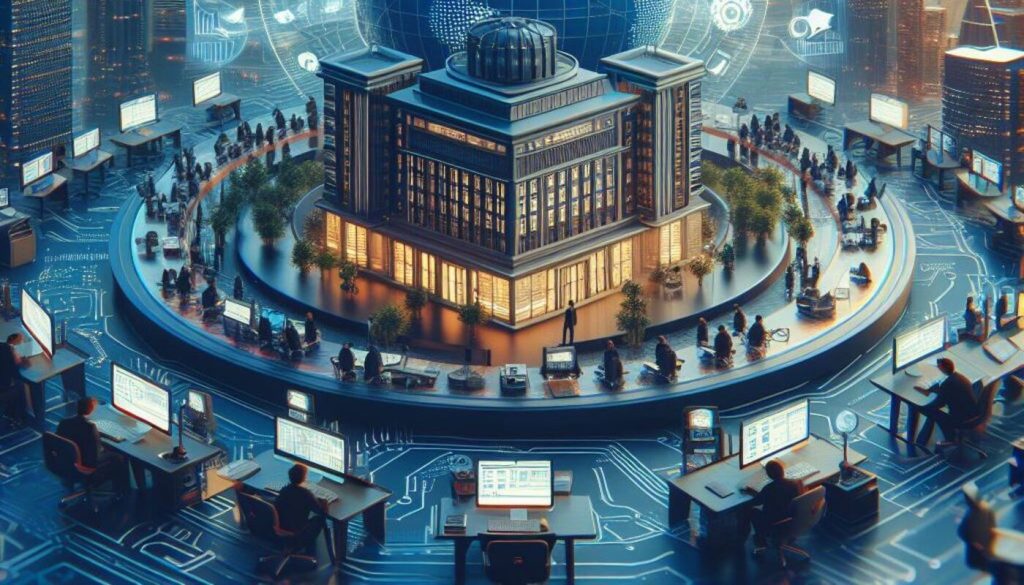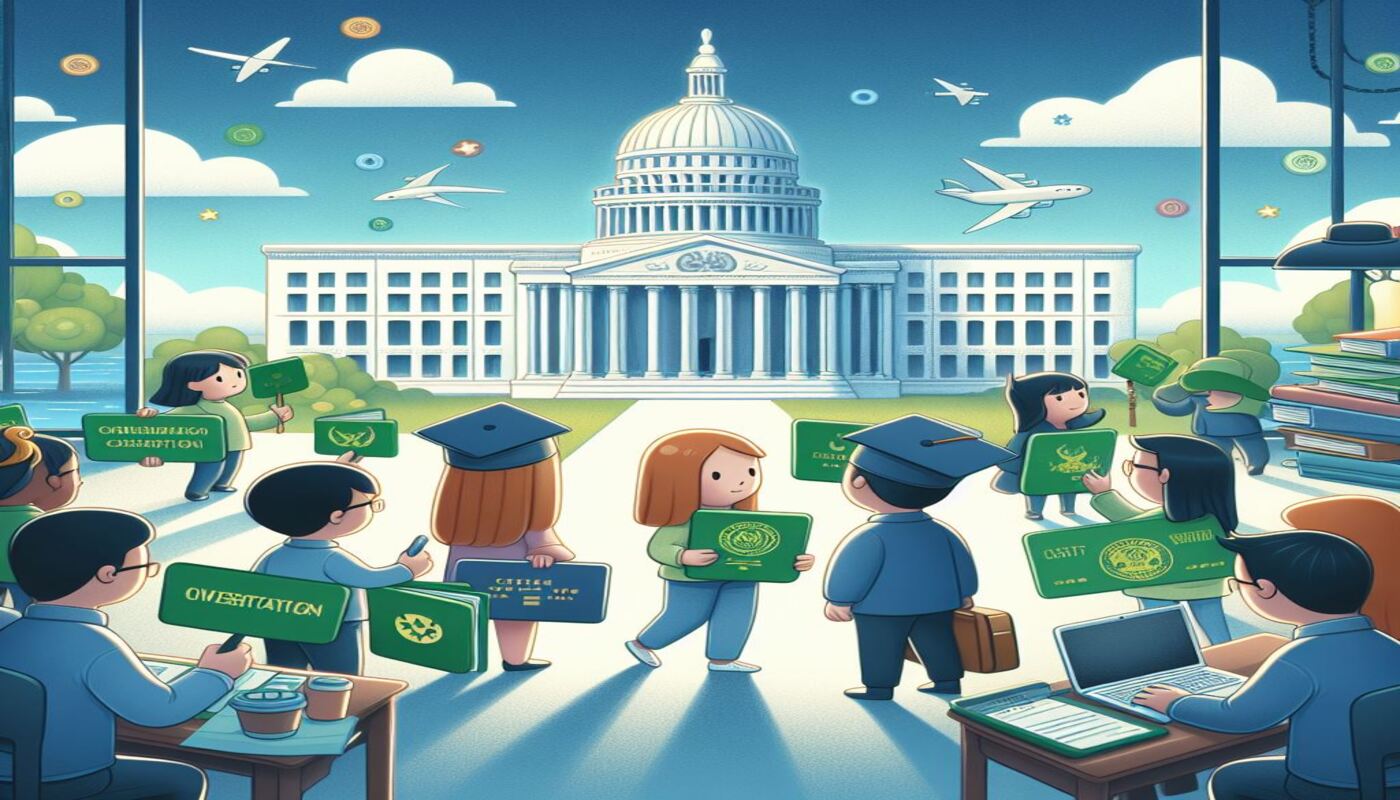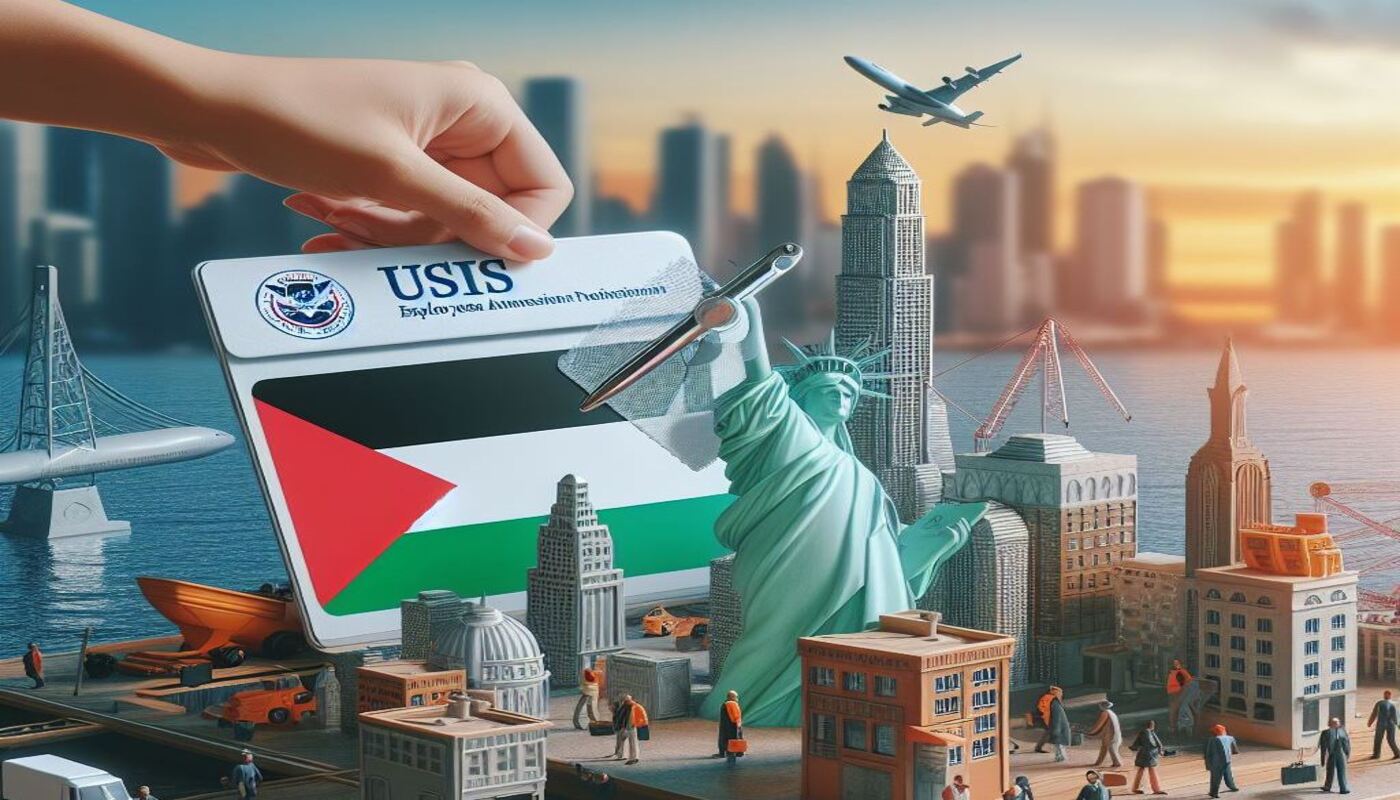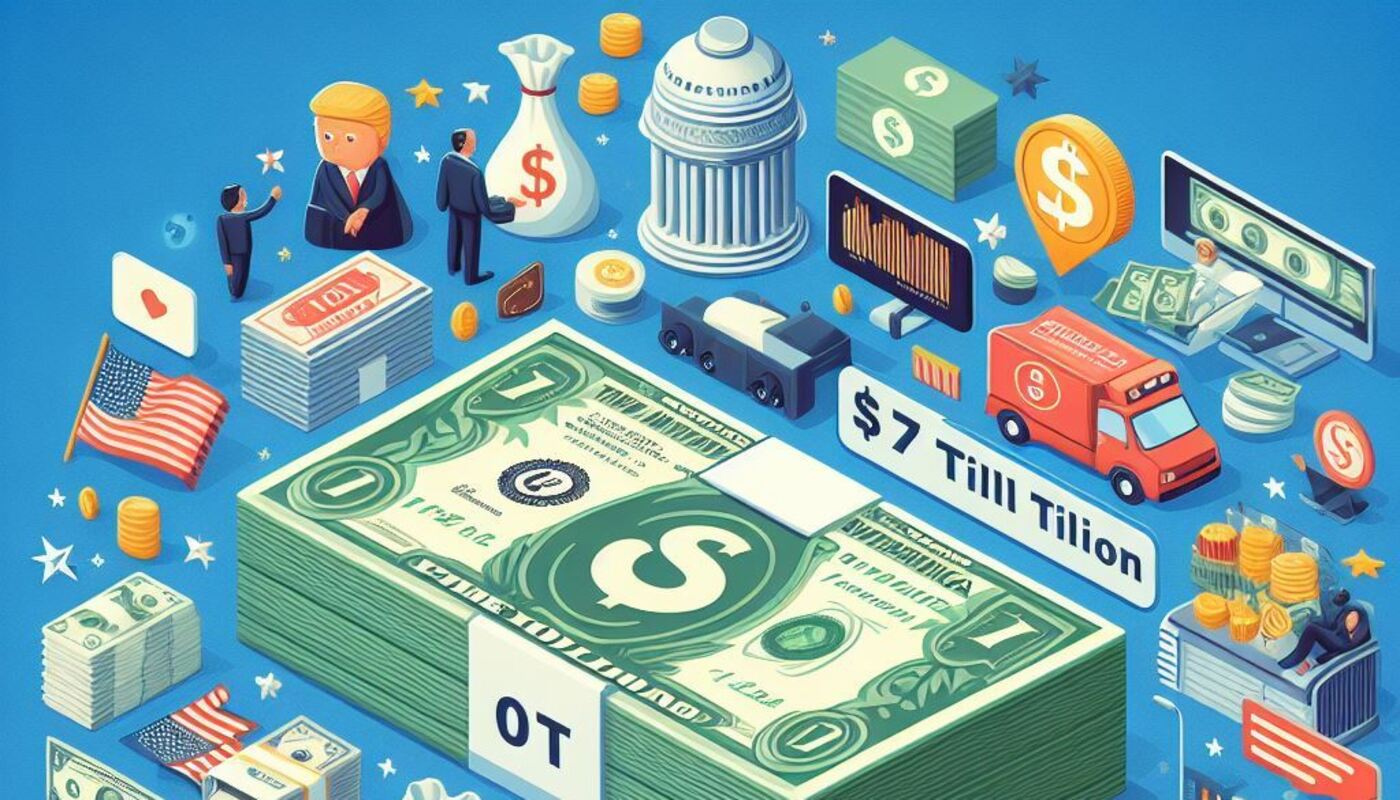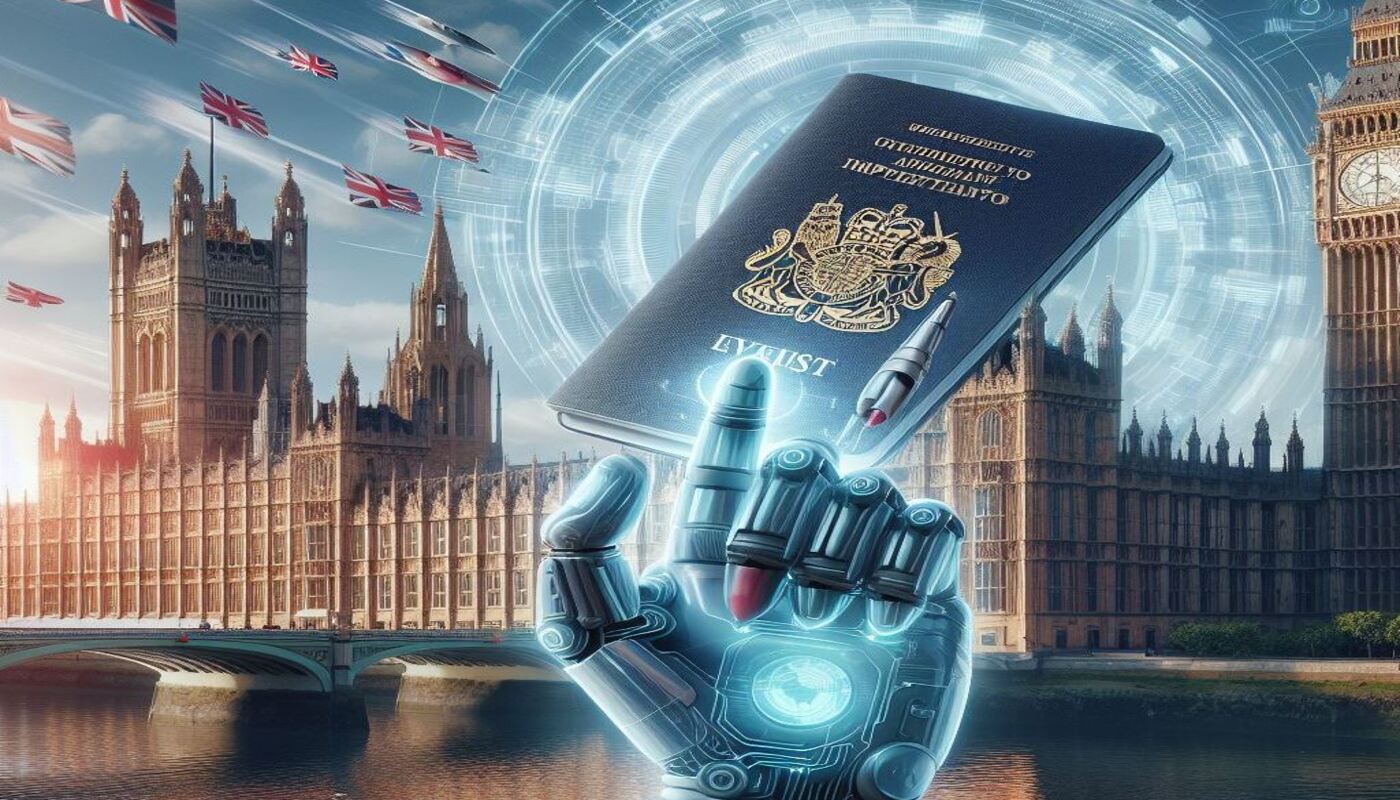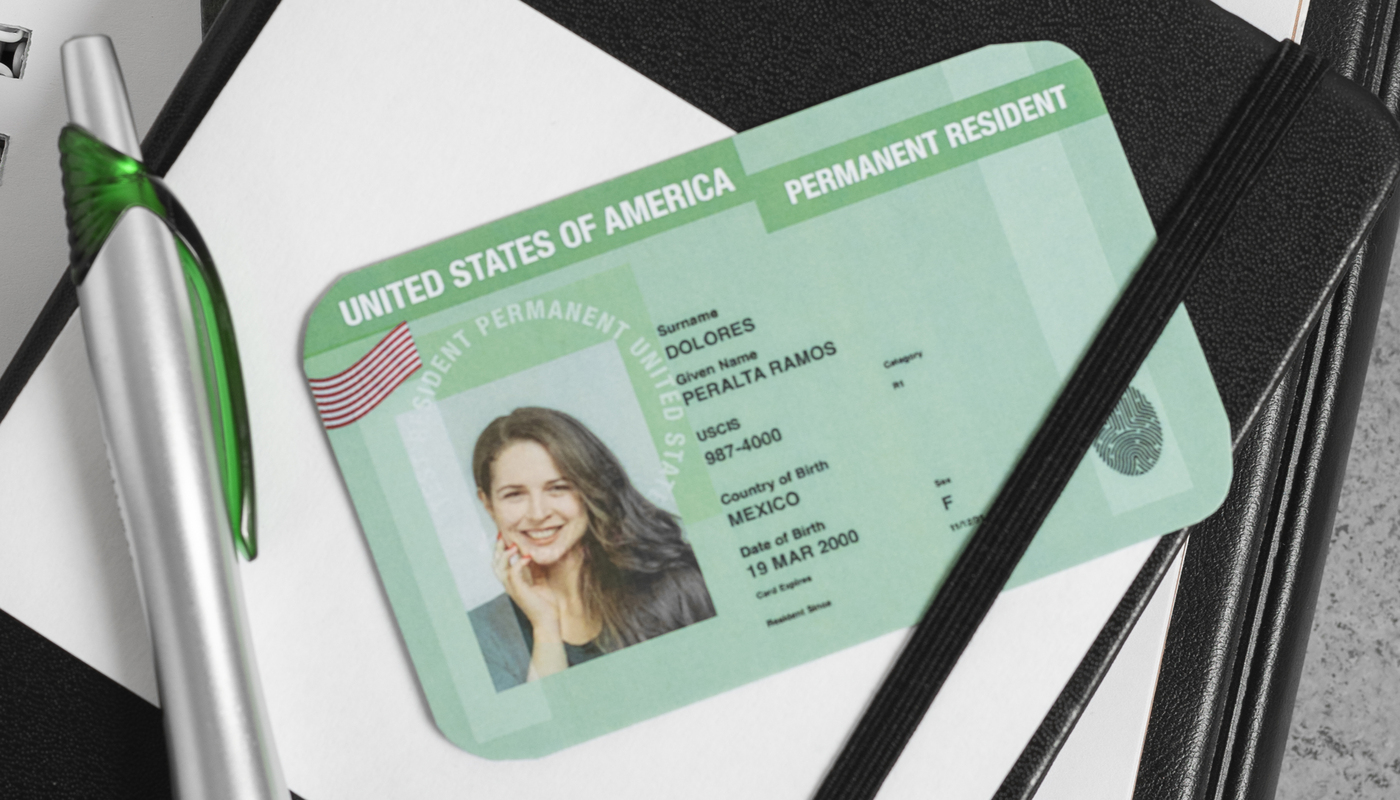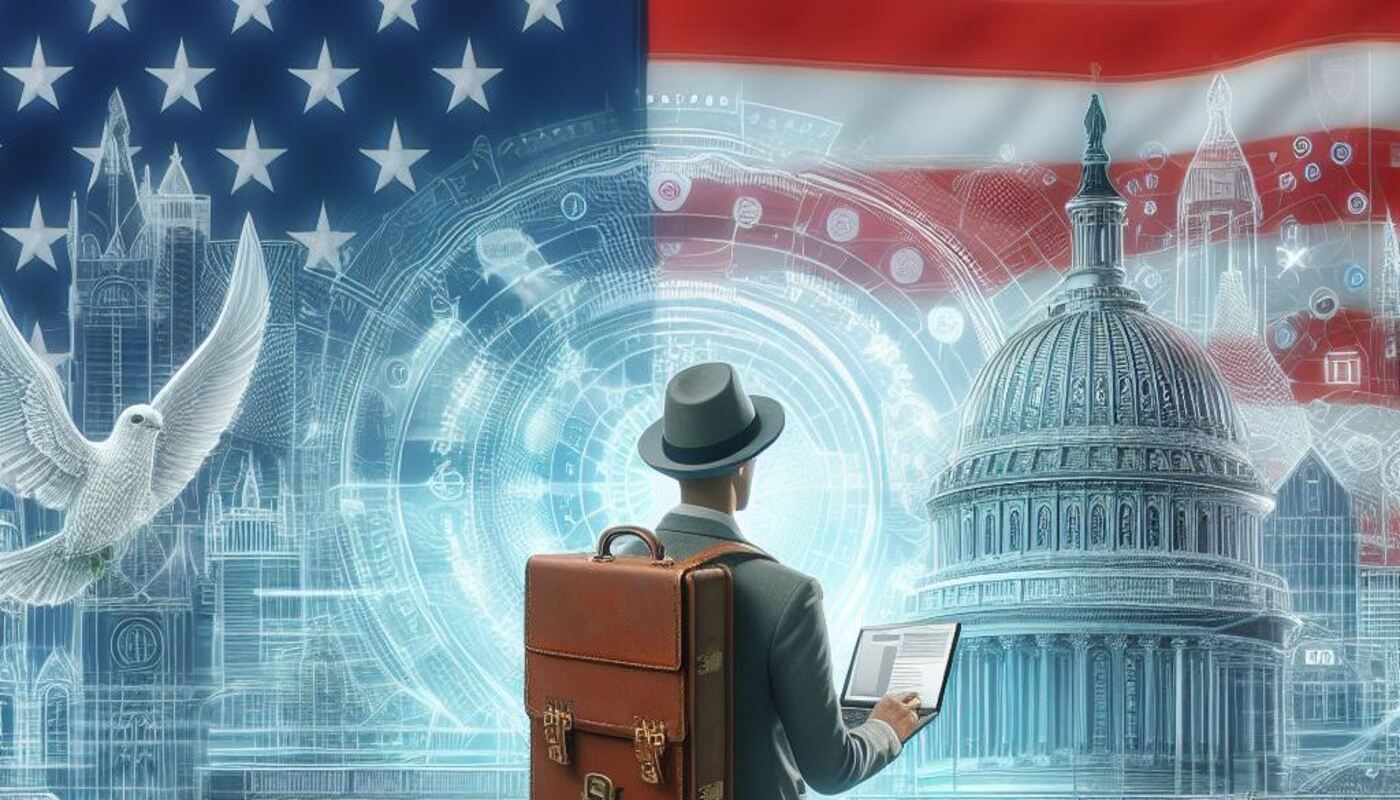As the annual H-1B visa lottery opens, concerns over the program’s cap of 85,000 visas annually have resurfaced, with experts and business leaders warning of potential repercussions for U.S. innovation, particularly in tech and AI. Reserved for foreign workers in specialized fields with job offers from U.S. employers, H-1B visas have become integral to the tech sector, with leading companies like Amazon, Meta, and Salesforce sponsoring tens of thousands of workers in recent years.
While critics, including anti-immigration conservatives, argue for restrictions, tech leaders advocate for an expansion of the program, citing the current figure of 65,000 visas (unchanged for over two decades) and an additional 20,000 for U.S. graduate degree holders as insufficient to meet demand. In 2023, hundreds of thousands of applicants were denied, leaving companies to reapply for the same candidates in subsequent years.
Boston-based immigration attorney Allison Ahern Fillo emphasizes the element of chance in the current lottery system, stating that it’s unfortunate for U.S. employers to rely on luck when hiring the right candidate for the job. Tech executives, including Aaron Levie, CEO of Box, express frustration at the disparity between demand and the limited number of granted visas, describing it as detrimental to the future of innovation.
Research indicates that hiring migrant workers through the H-1B program contributes positively to economic growth, innovation, and job creation, countering claims of adverse effects. Advocates stress the importance of addressing the talent shortage not only in the tech sector but also in fields like medicine and scientific research.
Proposed changes by the Biden administration include preventing multiple submissions of the same applicant, aiming to prevent gaming of the system. There is also a proposal to require applicants’ jobs to be directly related to their studies, potentially making it more challenging for visa holders without direct alignment with their field of study. Entrepreneurs may also be allowed to sponsor themselves under proposed modifications.
As debates over the H-1B program continue, tech leaders argue that failing to hire and retain top non-native talent could undermine America’s competitive edge, with potential ramifications for economic efficiency, workforce fairness, and the nation’s overall growth.
Source: Finance Yahoo

